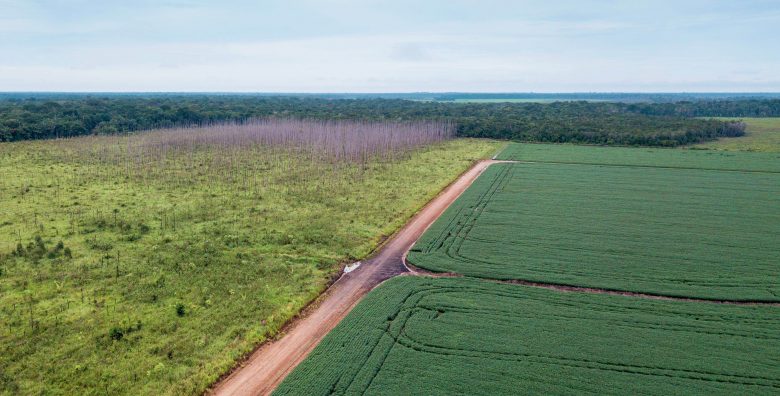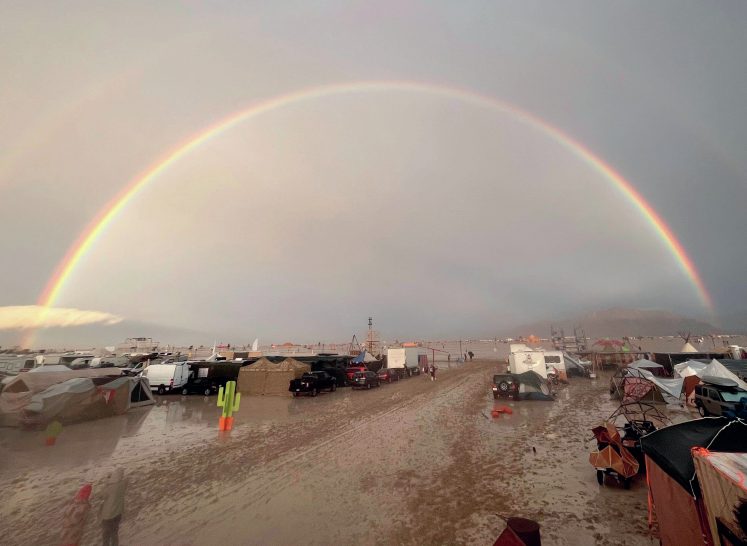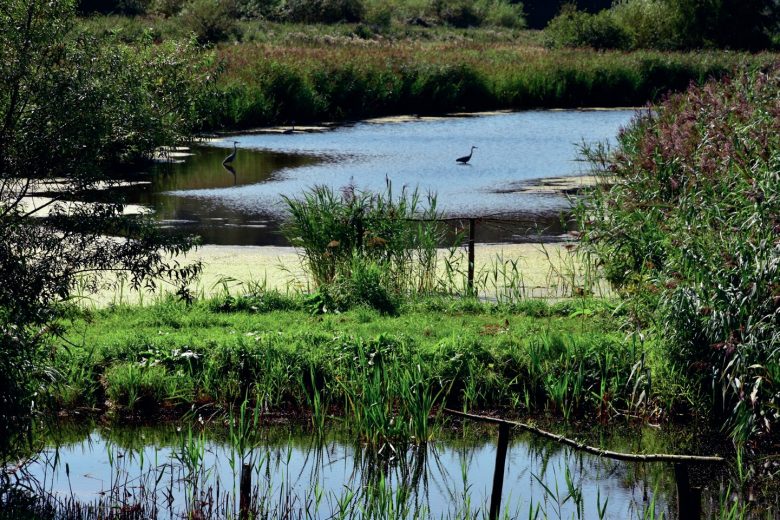
One of the first things our government decided in January 2021, when the UK left the European Union (EU), was to reverse its decision to ban the use of neonicotinoid pesticide (often referred to as neonics). These pesticides are used by farmers worldwide to control insect pests but they are known to harm wildlife, particularly bees and other pollinators.
In 2018 the use of neonics was banned throughout the EU to the delight of environmentalists. At that time the UK was still an EU member, so the ban was implemented in this country and the government pledged not to remove the ban after Brexit. So why did it change its mind so quickly?
Your organisation does not have access to this article.
Sign up today to give your students the edge they need to achieve their best grades with subject expertise
Subscribe




